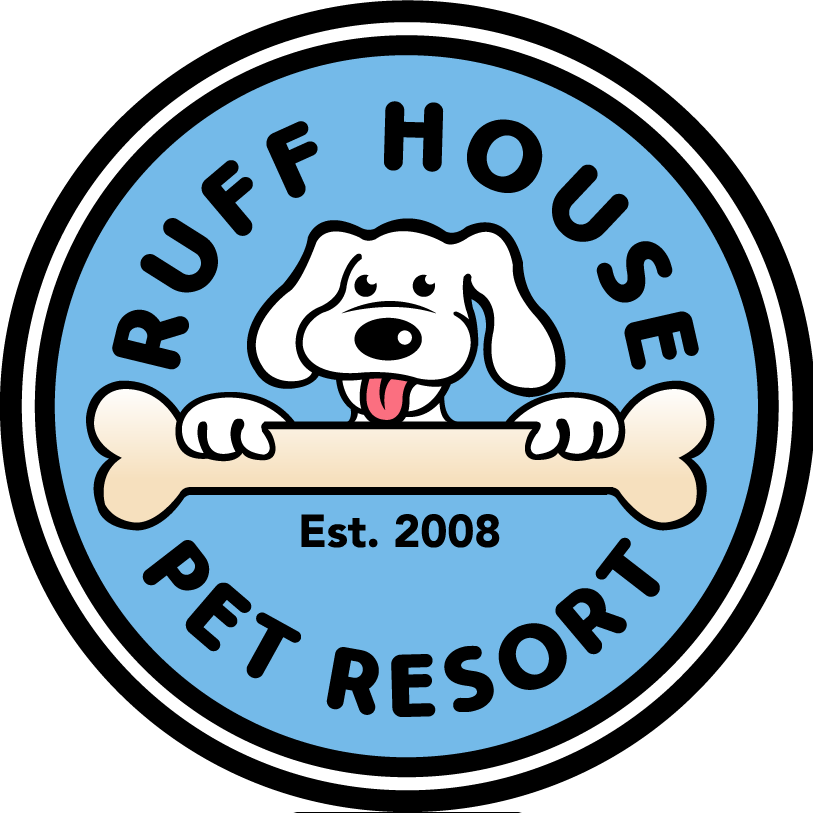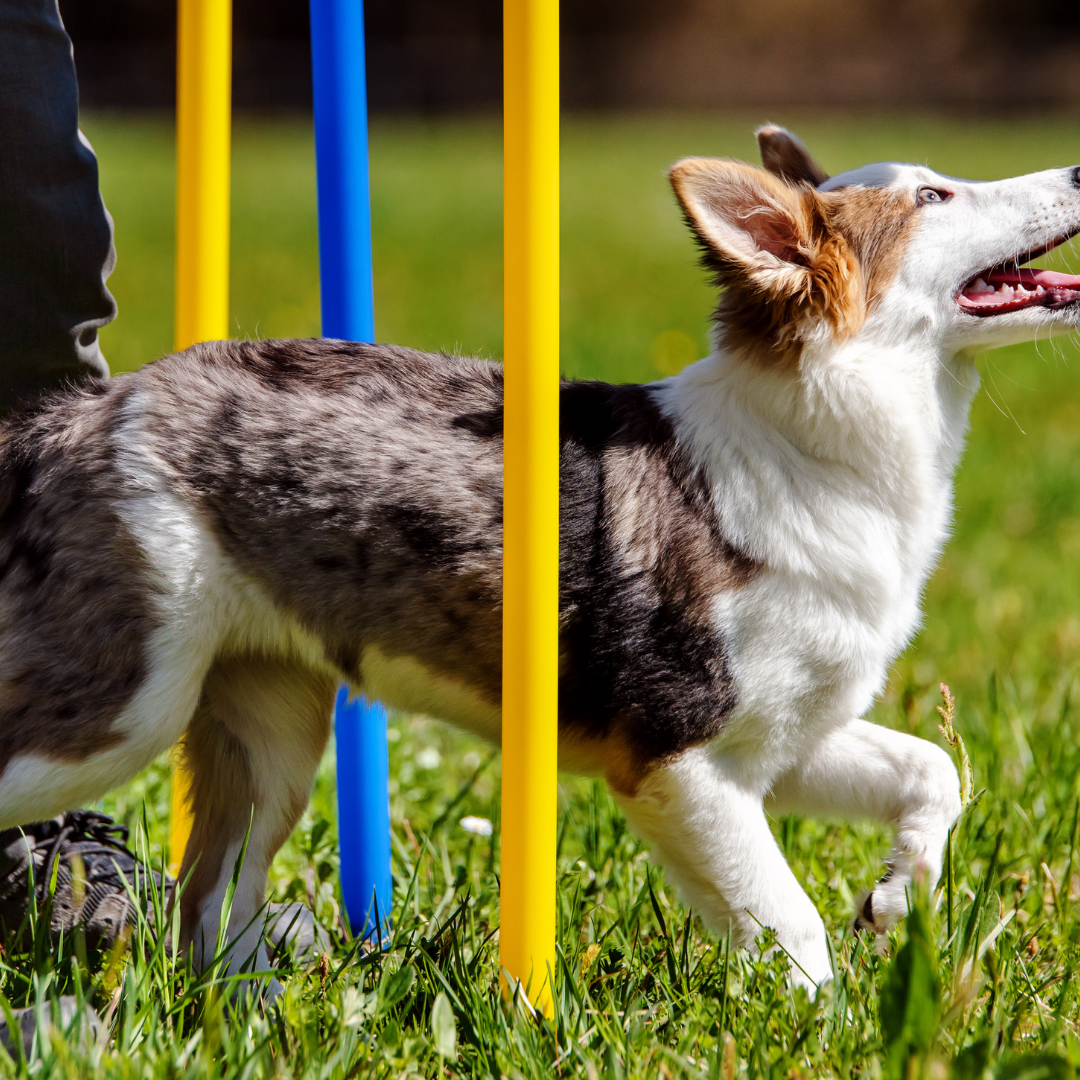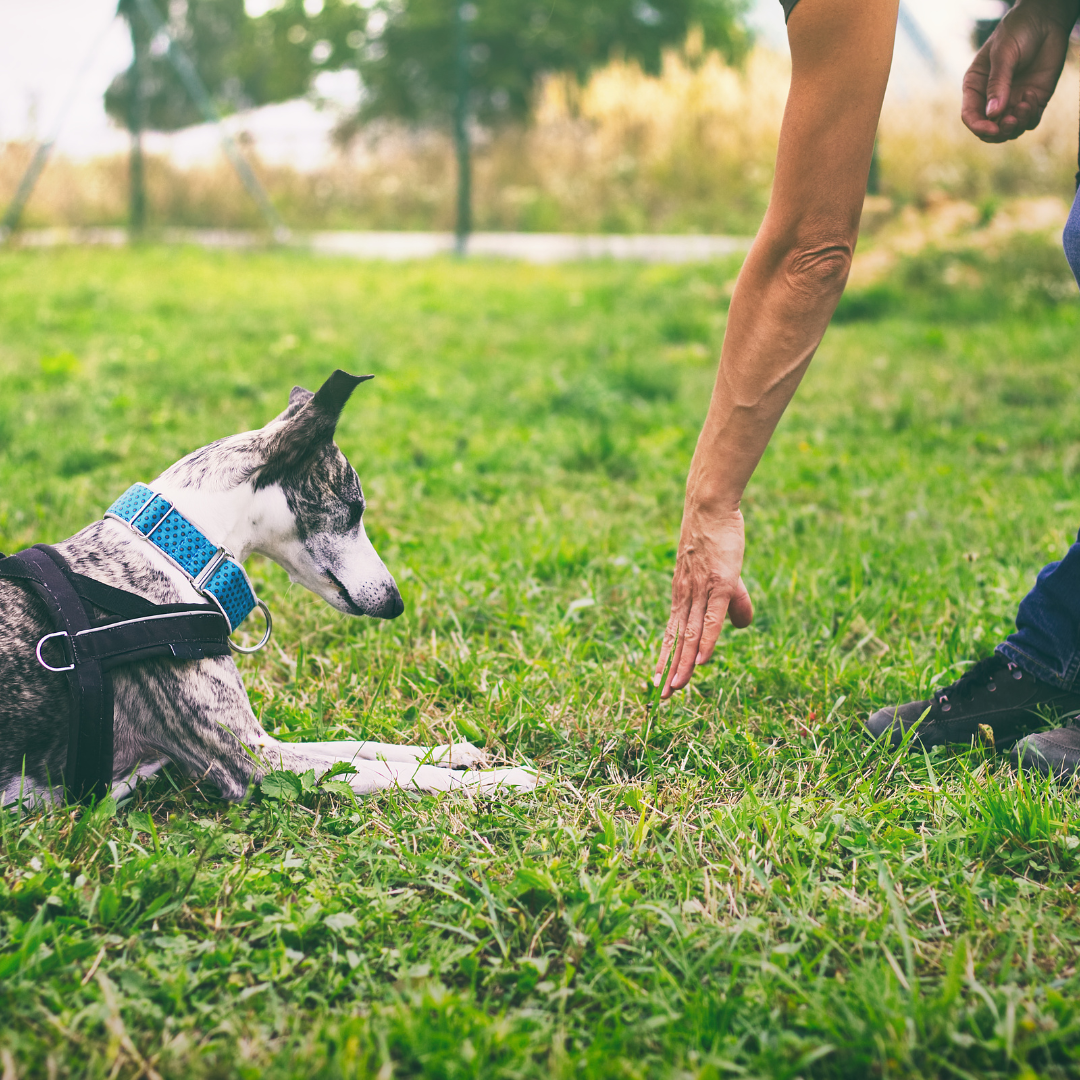Introduction
Kennel cough, scientifically known as infectious tracheobronchitis, is a common respiratory infection in dogs. While it might sound alarming, understanding the nuances of this condition is crucial for responsible pet ownership. In this comprehensive guide, we’ll delve into the good, the bad, and the ugly truths about kennel cough, shedding light on what every dog owner should know.
The Good
Mostly Mild Symptoms:
In many cases, kennel cough manifests with mild symptoms such as a persistent dry cough, sneezing, and nasal discharge. Most dogs maintain their appetite and energy levels, and the infection often runs its course without severe complications.
Vaccination is Available:
The good news is that there’s a vaccination for kennel cough. Regular vaccinations are essential, especially for dogs frequently exposed to communal environments, such as boarding facilities, dog parks, or grooming salons.
Treatment is Available:
Kennel cough is typically a self-limiting condition, but veterinary care can help manage symptoms. Your veterinarian may prescribe cough suppressants or antibiotics in cases where a bacterial component is involved.
The Bad
Highly Contagious:
Dog Kennel cough is highly contagious and spreads through respiratory droplets. Dogs in close quarters, such as kennels or daycares, are more susceptible. It’s crucial to isolate infected dogs and practice good hygiene to prevent the spread of the infection.
Risk of Complications:
While most cases are mild, there is a risk of complications, especially in puppies, elderly dogs, or those with compromised immune systems. Secondary bacterial infections can occur, leading to more severe respiratory issues.
Persistent Cough:
The characteristic dry, persistent cough associated with kennel cough can be bothersome for both dogs and owners. It can last for several weeks, disrupting the daily routine and causing concern for pet parents.
The Ugly
Chronic Respiratory Issues:
In rare cases, dog kennel cough can lead to chronic respiratory issues, particularly if left untreated. This underscores the importance of seeking veterinary care promptly to prevent long-term complications.
Financial Strain:
Treating dog kennel cough, especially if complications arise, can lead to unexpected veterinary expenses. While prevention through vaccination is an added cost, it is often more economical than treating a full-blown infection.
Impact on Boarding and Social Activities:
Dogs with kennel cough are typically isolated from other dogs to prevent the spread of the infection. This can disrupt plans for boarding, social activities, and playdates, impacting both the dog’s social life and the owner’s schedule.
Conclusion
Understanding the good, the bad, and the ugly truths about kennel cough empowers dog owners to take proactive measures for prevention and responsible management. Regular vaccinations, good hygiene practices, and prompt veterinary care are essential components of safeguarding your furry friend’s respiratory health. By staying informed and taking preventive steps, you can navigate through the challenges associated with kennel cough and ensure the well-being of your beloved canine companion.





